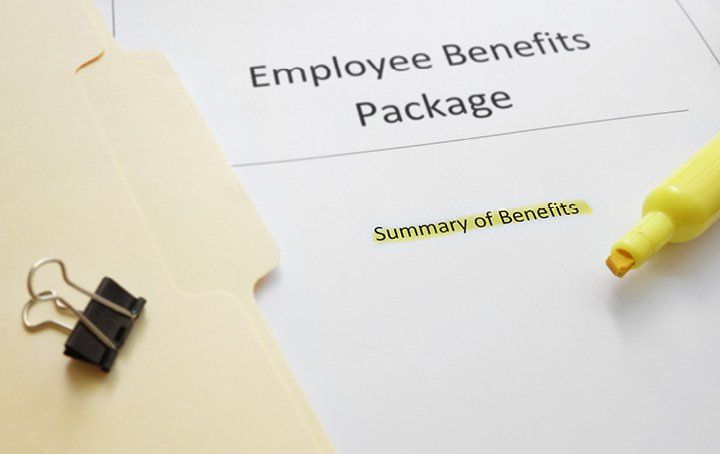
The rules around Div 7A deemed dividends are complex and may have become more so with the release of a draft taxation determination from the ATO in relation to debts forgiven. Contrary to previous guidance, the draft determination now indicates only natural persons can forgive debts by reasons of natural love and affection. Therefore, private companies will no longer be able to use this exemption on debts forgiven. If your private company has previously used this exemption, beware as the Tax Office has indicated that it will apply this new view in any litigation matters.
Private companies that pay amounts of money, make loans, or forgives debts of shareholders or associates of shareholders, may be subject to Div 7A rules which are designed to ensure that income is not inappropriately sheltered at the corporate tax rate. Generally, these rules deem certain moneys and/or benefits (eg loans and forgiven debts) obtained from the private company by shareholders or their associates to be dividends.
There are exceptions where a private company is not taken to have paid a deemed dividend, for example, where a loan is on commercial terms or is fully repaid within a required timeframe. However, by and large, where a shareholder or their associate has obtained a benefit, then the benefit will be a deemed dividend and needs to be included in the assessable income of the shareholder or their associate.
The rules around Div 7A are complex and may have become a little more so with the release a draft taxation determination from the Tax Office in relation debts forgiven. Importantly, it changes the circumstances in which the exclusion for debts forgiven for reasons of natural love and affection can apply.
The term "natural love and affection" encompasses both its legal meaning (goodwill towards or emotional attachment to another person, particularly that of a parent to their children) and its ordinary meaning (strong emotions of caring, fondness and attachment that arise in consequence of ordinary human interaction).
Whether or not natural love and affection is present in a relationship can only be determined on a case by case basis, although relevant factors may include past dealings, existing relationships, and future intentions.
Previously, when a debt to a shareholder or associate was forgiven by a private company, it was not taken to have been "forgiven" if it was done so for the reasons of "natural love and affection". Therefore, the effect is that, if a private company had lent money to a shareholder/associate but then forgives that debt due to "natural love and affection", then the debt would not have been captured under Div 7A rules and any amount forgiven would not have been a deemed dividend.
With the release of the draft taxation determination, the Tax Office has taken a new stance and noted that the "natural love and affection" exclusion in relation to debts forgiven can only be used if the creditor is a natural person. In this new interpretation, a private company cannot forgive any debts due to natural love and affection as it is not a natural person but rather an entity. It then follows that more private company debt forgiveness would be captured under Div 7A after this change. Whilst this view is not final, it is highly likely that the final determination will express a similar if not the same view as the draft.
In the draft taxation determination, the Tax Office notes it will not devote compliance resources to debts forgiven prior to the withdrawal of previous guidance that expressed the view that companies can forgive debts for reasons of natural love and affection (ie 6 February 2019). However, if your private company has previously applied this exemption, you may need to be aware as the Tax Office is likely to apply this new view in private rulings or litigation matters.
Review your private company arrangements.
Now is the time to review your private company arrangements, including loans and benefits to shareholders and/or associates to ensure it does not fall afoul of the new Tax Office stance. If you're unsure about any arrangements, we can help, contact us today.















